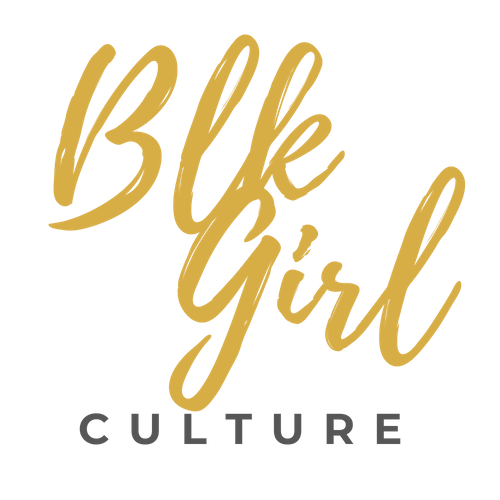What does the "Yee-Haw Movement" mean for Black Country artists?
Originally published April 12, 2019
In case you haven’t noticed the plethora of cowboy hats across social media timelines right now, the “Yee-Haw movement" is on the rise.
In the past month Solange dropped her Texas-root inspired album “When I Get Home.” Lil Nas X is continuing to rise on the charts with his country hit “Old Town Road” featuring Billy Ray Cyrus. With this increased love and popularity of “yee-haw” culture and country music, questions have been raised regarding diversity within the country music industry.
We spoke with non-binary country artists Babeo Baggins or B.B. to explore the limits of country music.
Who is B.B.?
B.B. is a banjo-playing, genderfluid musician from the mountains of Virginia. “Blue Ridge Forever,” they tell us.
Some of B.B.’s inspirations include…
They’ve been inspired by a number of incredible people… Hank Williams, Bon Iver, Dolly Parton, Fats Domino, Son House, Bill Picket, Nat Love, Brittney Howard, Sister Rosetta Thorne Tharpe, and Charley Pride to name a few.
To B.B., honesty is “what makes country music what it is.”
“It’s music about life, honest truths. Some good, some bad. But that’s what it is at the end of the day, true honesty. I think more than any other genre country music is honest to a fault at times. But when it comes to art honesty is all that I care about
”
To be Black and Queer In Country Music…
B.B. definitely engages with the same honesty that they admire. They tell us that being Black and queer in country music, much like the entertainment industry in general, makes things hard. They tells us:
“It’s difficult to exist publicly in general but trying to make music is another realm because you’re always in front of a new pair of eyes. But I think it’s important for me to be vocal about my identity so that other people like me can understand they aren’t alone. I’ve lived in rural communities most of my life, and I wasn’t the only black queer person in those spaces. It’s important to me to represent my home and the people like me that are from small little towns like I am because often times you feel alone and it gets more confusing when you love your home but feel ashamed because of the bigotry you can face. ”
With the rise of the “Yee-Haw” movement- do you see country music becoming more welcoming of black and queer folks?
B.B. says yes but stresses the importance of remembering that Black country artists have always been around:
“From the beginning of the genre being slave songs to Charley pride having a hit song in the 70’s among white artists when that was absolutely unheard of. The banjo is an African instrument after all. I’m hoping that in the future it wont be something to freak out about. I hope we get so used to seeing Black and queer people with guitars and banjos and fiddles and cowboy boots that we don’t even think about the time when it wasn’t that way. But who knows what the future holds, we can only hope for a brighter and better world for music moving forward.”
Finally, we asked BB of current Black Country artists that they recommend
Their response was clear: VALERIE JUNE!
“I feel like I scream her name from the mountain tops constantly but she is just so amazing I can’t help it. Everyone should listen to her. Every. One.”




